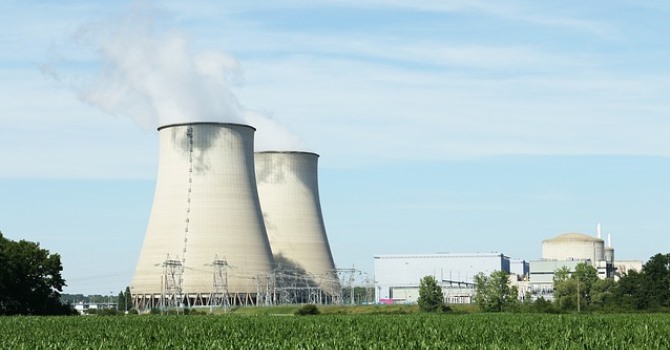
by Noriyuki Morimoto
Stocks can be objects of speculation, and also be assets to invest in. Then, what is the requirement for a stock to be eligible for investment? The answer is that its uncertainty can be measured in a reasonable manner. Uncertainty is inevitable for any business, but when that uncertainty cannot be rationally measured, the stock price can easily fluctuate due to arbitrary expectations: it may be interesting for speculation, but hardly becomes an asset to invest in.
For reasonable measurement to be possible, uncertainty must be manageable. If you can manage it, you are obviously able to measure it. If it cannot be measured, some management method must be devised under the that premise.
The risk of an accident at a nuclear power plant is not completely excluded under the highest degree of safety standards, and it is impossible to estimate the amount of damage resulting from an accident. Therefore, it is a typical case of unmeasurable uncertainty. That is why the ultimate responsibility of the government has to be stated by law. So long as the law is functioning, unmeasurable uncertainty is placed under manageability, and TEPCO Holdings could become worthy of investment.
But is TEPCO Holdings still eligible for investment? Under the political uncertainty around the future of nuclear policies, it seems that the uncertainty of nuclear power projects has lost its manageability.
TEPCO Holdings is a listed company: the Tokyo Stock Exchange is not an organization that determines the value of the company’s shares, but it simply had to allow listing to continue as long as formal standards were met.
Being listed means it is automatically included in the calculation of the Tokyo Stock Price Index. Once included in the index, it is included in the portfolio for index investing. This shows that TEPCO Holdings rightly stands as an asset to invest in…But isn’t this a faulty logic?
[Category / Equity Investment]

Chief Executive Officer, HC Asset Management Co.,Ltd. Noriyuki Morimoto founded HC Asset Management in November 2002. As a pioneer investment consultant in Japan, he established the investment consulting business of Watson Wyatt K.K. (now Willis Towers Watson) in 1990.

